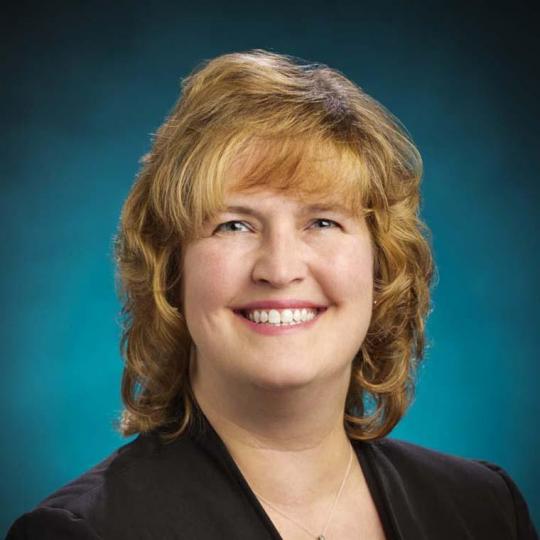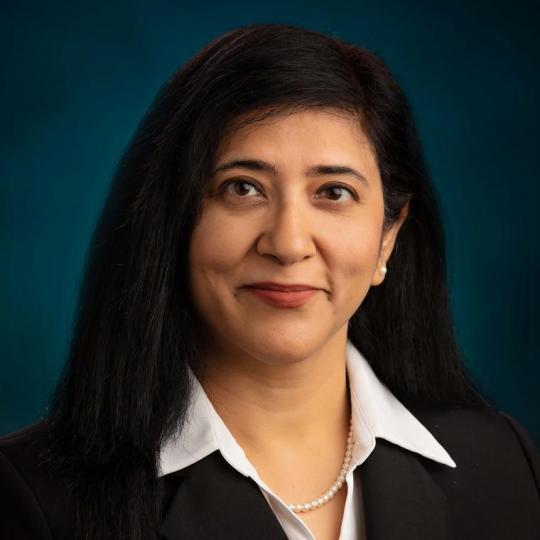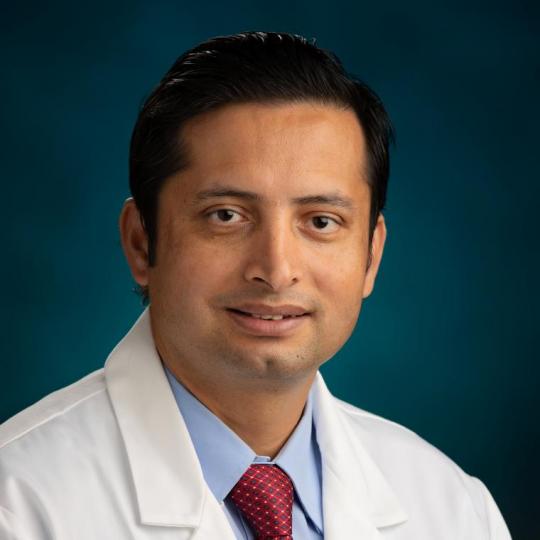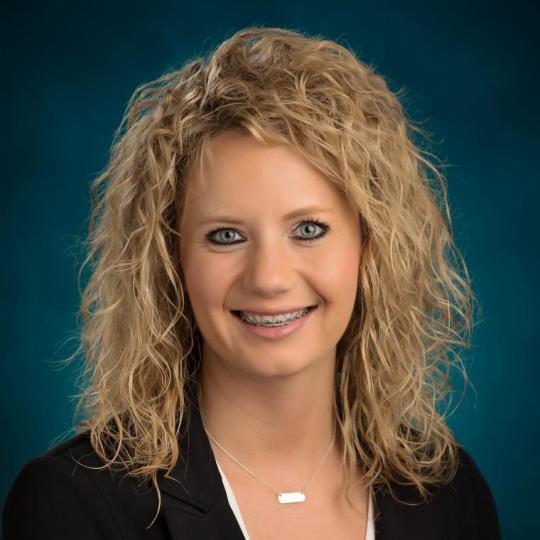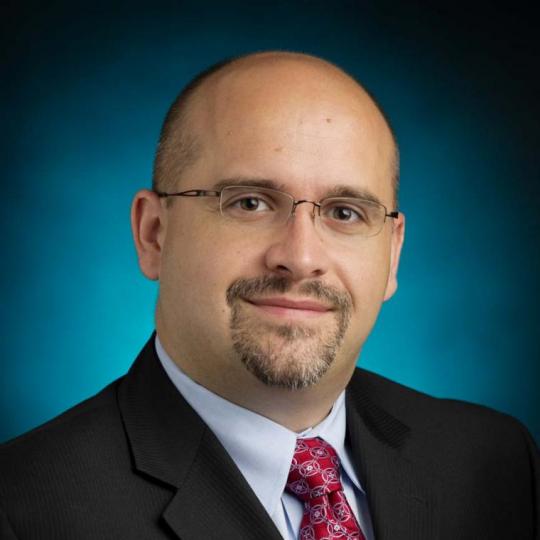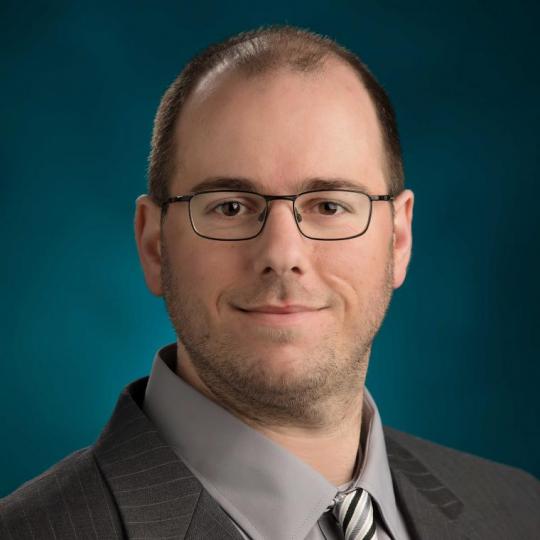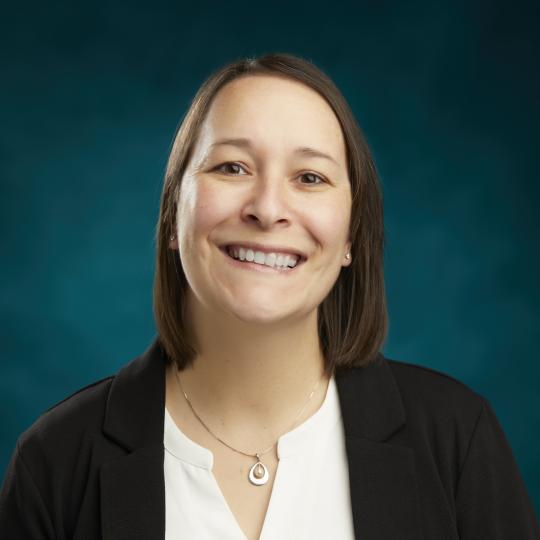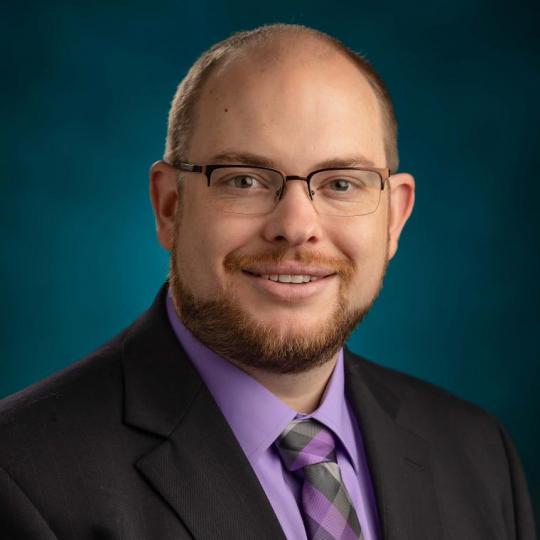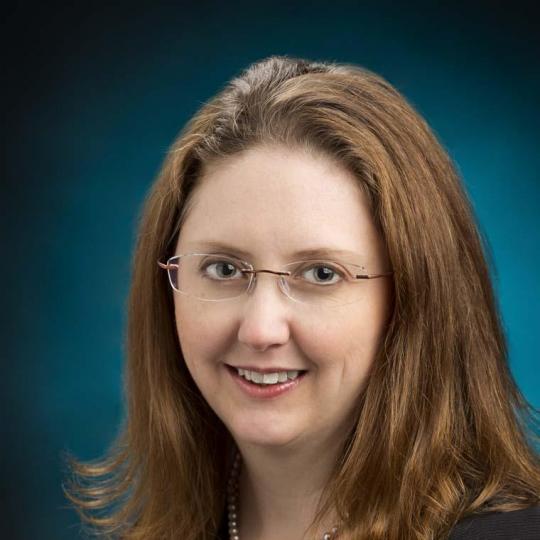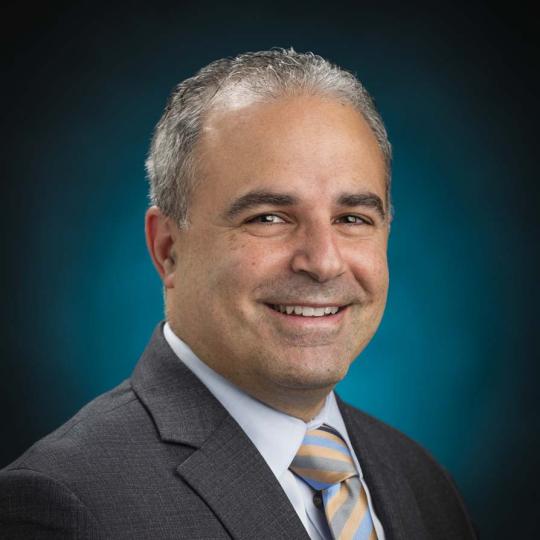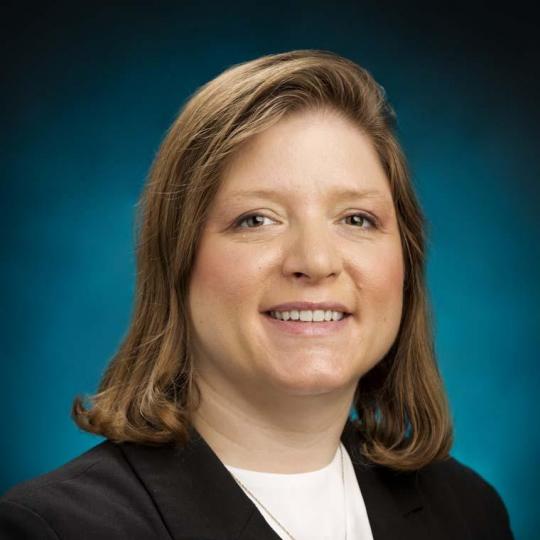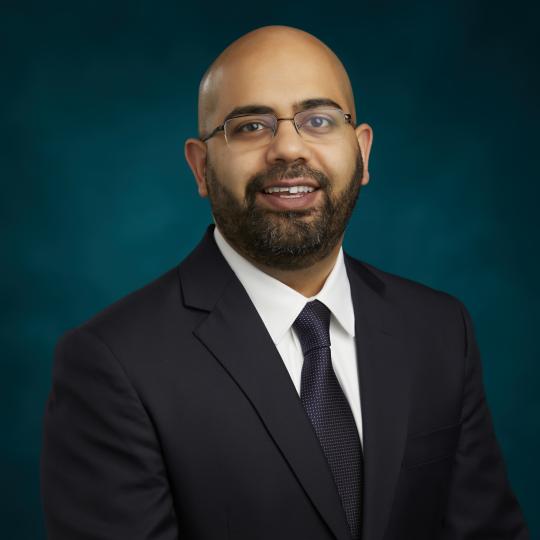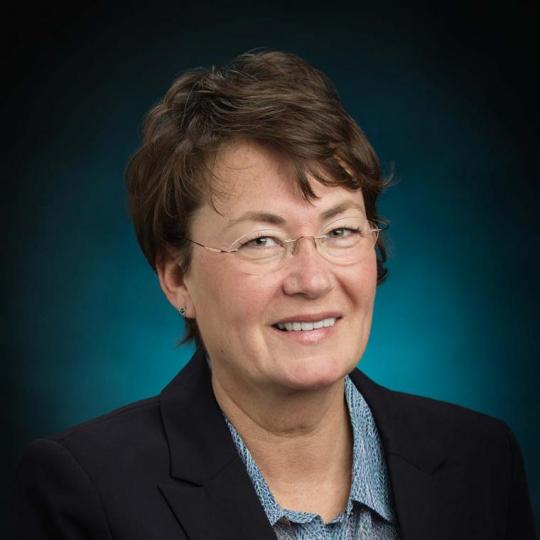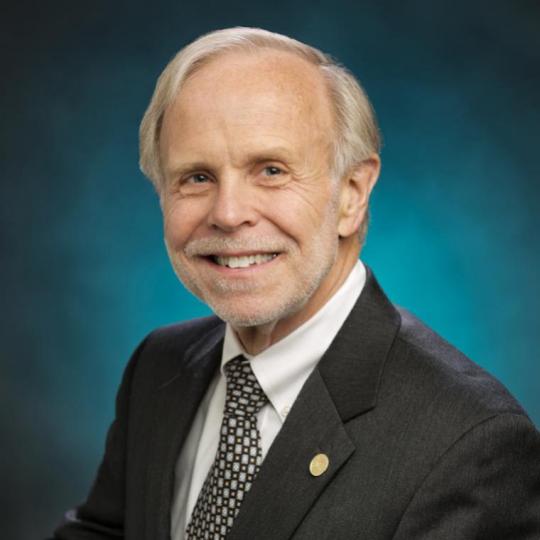Congestive Heart Failure
Overview
Congestive Heart Failure
Congestive heart failure, a condition which occurs as the heart weakens and can no longer pump blood as well as it should, can affect the left side, right side or both sides of the heart. Congestive heart failure does not mean a patient’s heart has stopped or failed, but rather that the heart has failed to keep up with the volume of blood flowing through it. Congestive heart failure requires immediate medical attention.
A variety of conditions can cause congestive heart failure, including:
- Coronary artery disease
- High blood pressure
- Diabetes
- Heart attack
Several treatments can improve the signs and symptoms of heart failure, helping patients live longer with a better quality of life. Exercise, dietary changes and stress management can also improve patients’ quality of life.
Symptoms
- Confusion or difficulty concentrating
- Increased need to urinate at night
- Rapid or irregular heartbeat
- Rapid weight gain caused by fluid retention
- Persistent coughing or wheezing
- Shortness of breath
- Swelling (edema) in feet, ankles, legs or abdomen
- Tiredness or weakness
Causes
- Diet high in fat and sodium
- Lack of physical activity
- Smoking
Care for Congestive Heart Failure at SIU Medicine
SIU Medicine Cardiology treats patients with congestive heart failure using a variety of treatment options, including medications, dietary changes or surgery. Our goal is to find the root of your problem, slow disease progression, and relieve symptoms while improving your quality of life.
Doctors may use a combination of therapies to manage congestive heart failure, including:
- Angioplasty, a minimally invasive procedure that increases blood flow to the heart
- Beta blockers, or medications that slow the heartrate, reduce the heart’s need for oxygen and improve the heart’s blood supply
- Bypass surgery, which creates a new path for blood and oxygen to reach your heart
- Implanted cardiac defibrillator (ICD), a device for patients with or at risk for unstable heart rhythms
- Lifestyle changes, including weight loss, regular exercise, stress reduction and dietary changes
- Medications, including diuretics or angiotensin converting enzyme inhibitors (ACE) inhibitors
Patients may be prescribed additional heart medications, like nitrates for chest pain or a statin to lower cholesterol. Your cardiology team will work with you to find the best treatment plan.
Our providers
Why SIU
Continually learning
With a focus on continual improvement, our doctors take the time to research, study and innovate to provide the latest treatments for our patients.
Patient-first experience
Our care ranges from primary care physicians to specialists and sub-specialists who have advanced training. We're here for you when you need us.
Breakthrough tech
Continually teaching the next generation of doctors, our physicians use the latest developments in procedures and technologies for our patients.


